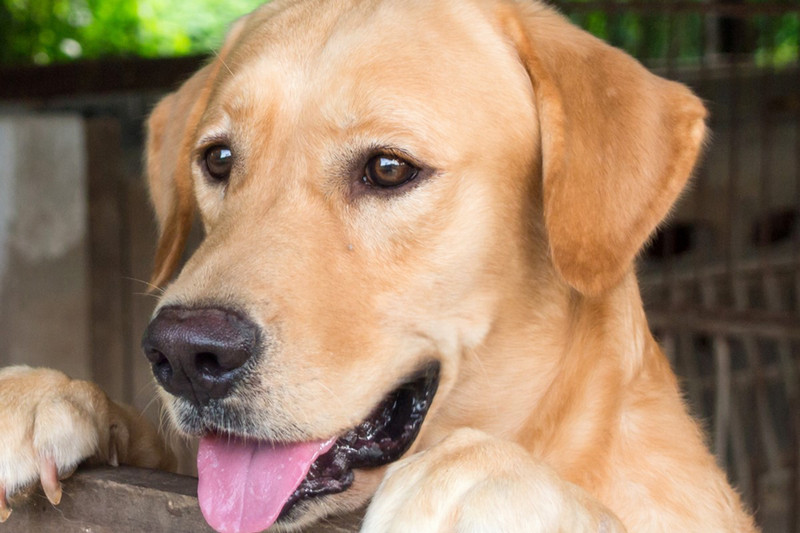Refer a friend and get $50 off! Click here to find out how!

Our experienced veterinary team provides comprehensive medical care for dogs and cats, from routine services to advanced diagnostics, procedures, and treatments.
We are equipped to manage the majority of your pet’s medical and surgical needs right here in our hospital.
What truly sets our advanced care apart is our ability to collaborate directly with multiple board-certified veterinary specialists within our trusted network. When a case would benefit from additional expertise, our veterinarians can consult with in-network specialists. This collaborative approach allows us to deliver a higher level of care while keeping your pet’s treatment as seamless and stress-free as possible.
While referrals to specialty hospitals are sometimes necessary for highly specialized procedures or equipment, many complex cases can be supported through real-time in-house specialist consultation, benefiting everyone involved. With this approach, we ensure:
- Pets receive timely, coordinated care tailored to their needs
- Pet parents gain peace of mind knowing multiple experts are involved without added complexity or logistics of travel
- Veterinarians have immediate access to advanced insight to guide decision-making
Related Services
Our veterinary team has you covered!
Internal Medicine Services Available
Internal medicine veterinarians are qualified to perform advanced diagnostic services and create treatment plans for illnesses related to the internal body systems of animals. Our team will help diagnose and treat conditions of the GI system, kidneys, liver, heart, nervous system, endocrine glands, bladder, and respiratory systems. We also treat cancers, blood disorders, immune deficiencies, and infectious diseases.
Cardiology
Diagnosing a heart condition early can allow your pet to lead a long, healthy life and avoid heart failure. Call us if your pet starts breathing rapidly or coughing, loses his or her appetite, tires easily, seems weak, or has trouble exercising.
OFA Certification
Hip and elbow dysplasia is a common condition that affects dogs and can cause debilitating and painful conditions for your pet. OFA Hip & Elbow evaluation/certification helps pet owners and breeders to evaluate the hip joint before breeding. We strongly recommend OFA Hip & Elbow certification before breeding a dog, before the purchase of a puppy, and/or to evaluate your pet's hip condition.
Pet Allergies & Dermatology
Is your pet itching or showing signs of skin discomfort? Just like humans, pets can be sensitive to irritants that cause them distress. Our team will diagnose and treat pets with skin-related problems including parasites, allergies, rashes, infections, hair loss, and more. We diagnose and provide effective treatments to prevent your pets skin care conditions from worsening.
Cookies on this website are used to both support the function and performance of the site, and also for marketing purposes, including personalizing content and tailoring advertising to your interests. To manage marketing cookies on this website, please select the button that indicates your preferences. More information can be found in our privacy policy here.


